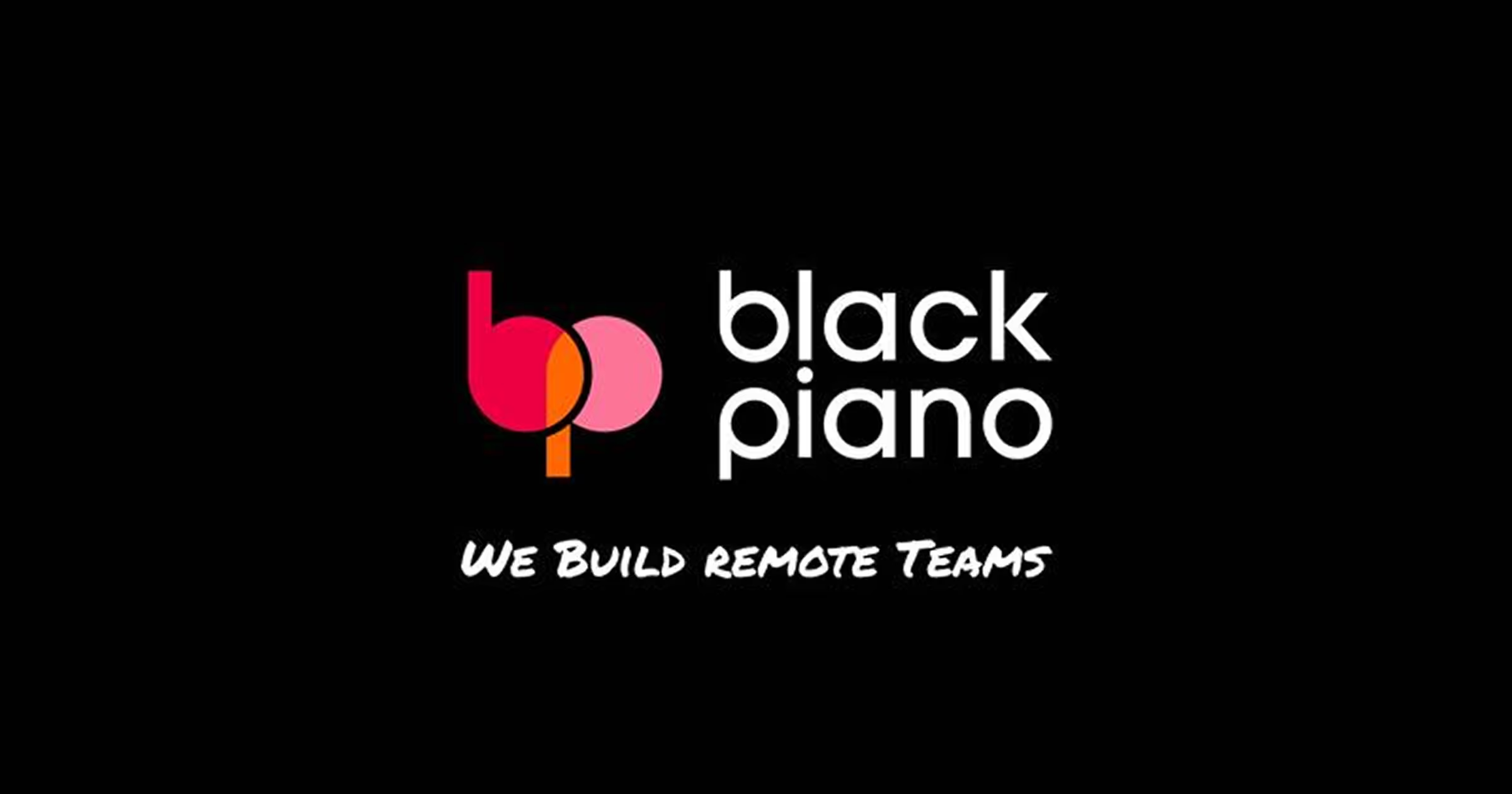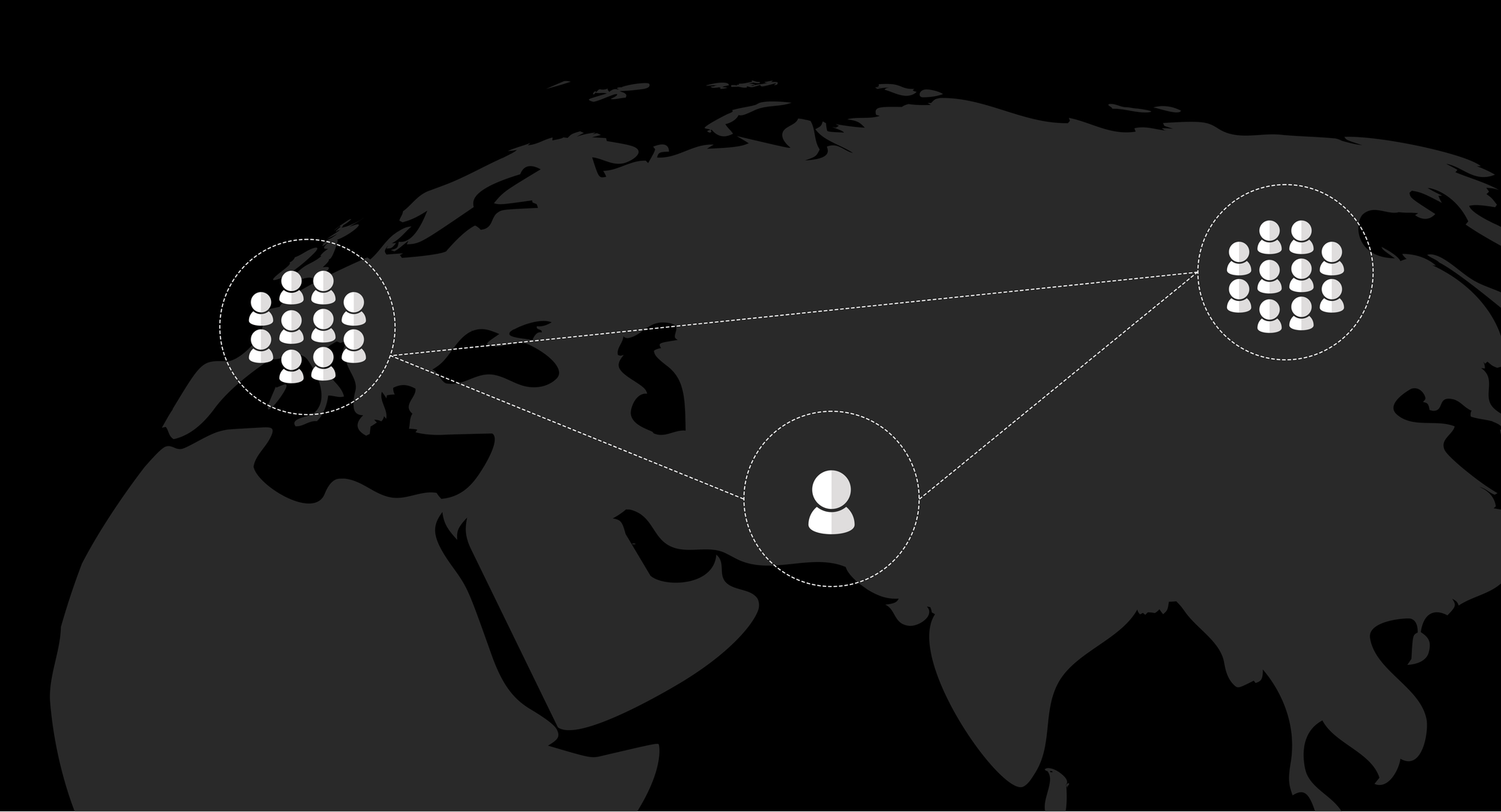Hire the best Scrum Masters

.avif)
Save and hire remote Scrum Masters
The Scrum Manager helps in the running and achievement of agile projects in an organisation. Their key function is to be a ‘process owner’ whose major role is to ensure that Scrum is properly adopted, and the implementation is done properly by the team. They coordinate processes eradicating anything that may slow down the work of the team as well as creating an atmosphere of togetherness. With their knowledge, business organisations can achieve higher levels of productivity and quality when it comes to finding ways to adapt to the new innovative world due to technological advancement, they are key players in the current world and business. If you want to stay ahead in competition and analysis, hire a business analyst or project manager as well, you can also build a delivery management team for prompt deliveries.
Why pay £2,917 when you can pay £2,315?
Hiring a Scrum Master should be quick and affordable. At Black Piano, we work with you to find, hire and manage top talent from India, costing just £2,315 per month for executive roles. You can enjoy huge savings of up to 21% compared to £2,917 in the UK.
How do we do it? India’s large educated population, lower cost of living and favourable exchange rates make it easy to hire great people affordably. UK hiring costs are soaring, and with increases to minimum wage and Employers National Insurance (NICs), offshoring with Black Piano is the smartest way to control costs and protect margin.
We manage everything, from recruitment to payroll, compliance to HR, so you can focus on growing your business while keeping costs low and profits high. Partnering with Black Piano will revolutionise your bottom line so you can get back to enjoying or re-investing your hard-earned profits.
Why hire a Scrum Master?

Streamlines project organisation and efficiency
What is required is not just following the timeline but strategically organising the project. A Scrum Manager is capable of establishing a streamlined and highly efficient workflow through the implementation of Scrum principles. They orchestrate the framework of a project into sprints with clear objectives, ideal timelines, and deliverables; this gives them the clarity needed to focus on smaller goals as they build towards that larger end-all. A Scrum Manager performs duties like daily stand-ups, sprint planning, retrospective sessions, etc. This will help ensure that the team members are aligned on what tasks are done, where things are, and how any impediments can be addressed. It would be necessary for the work of a Scrum Manager to help prioritise tasks - which would signal the completion of the most important activities - and the least effort would go into distraction or work that is not required as well as totally unnecessary.
Boosts team collaboration and communication
The core of any successful project is the most effective collaboration, while a Scrum Master becomes a key person in creating a cohesive personal environment and communication channels among teams. It is a single window for extending all those team members, stakeholders, and product owners' goals and expectations. Scrum Master ensures that their team members share updates, problems, and requests for help at daily stand-ups and sprint reviews conducted. Having planned out "what's going to happen" is tempting and allows staff to share their needs and create ownership and inclusiveness between all concerned. Keeping the information flowing also lowers the chance that people will misunderstand each other and so supports general decision-making across levels.


Excellent stakeholder engagement enhancement and satisfaction
One of the often-forgotten duties of a Scrum Manager is bridging the gaps between stakeholders and the development teams. This assigned role makes sure that whatever work the project does aligns itself with business objectives and with stakeholders' expectations. They manage to do so through constant communications with stakeholders during sprint reviews, progress reports, and updates on project milestones. Stakeholders love visibility in projects, and this is something a Scrum Manager provides. They ensure that stakeholders know whatever has been achieved, what problems the team is facing, and what is ahead. It builds trust and allows giving feedback in time, which can change the course of the project. The Scrum Manager also ensures that stakeholders can have realistic expectation dimensions on timelines, resources, and deliverables. Hence, setting up clear remediation and communication makes misunderstandings/dissatisfaction less likely.
Fosters a Culture of Continuous Improvement
A unique feature in the scrum methodology has been continuous improvement. By enabling retrospective meetings at the end of each sprint, the Scrum Manager shall cause discussions on what has worked well, what has not, and what can be improved. These become safe spaces for constructive feedback, and the team can then identify inefficiencies and solve them together. By encouraging that iterative approach, a Scrum Manager shores up the refinement of processes and practices over time by the team. The improvement objective raises productivity and well prepares the team to face any emerging challenges. Be it new tools, refined workflows, or improved communication strategies, an incremental change is being created on each of these that is expected to generate long-term benefits.

Boosts team collaboration and communication
The core of any successful project is the most effective collaboration, while a Scrum Master becomes a key person in creating a cohesive personal environment and communication channels among teams. It is a single window for extending all those team members, stakeholders, and product owners' goals and expectations. Scrum Master ensures that their team members share updates, problems, and requests for help at daily stand-ups and sprint reviews conducted. Having planned out "what's going to happen" is tempting and allows staff to share their needs and create ownership and inclusiveness between all concerned. Keeping the information flowing also lowers the chance that people will misunderstand each other and so supports general decision-making across levels.
Excellent stakeholder engagement enhancement and satisfaction
One of the often-forgotten duties of a Scrum Manager is bridging the gaps between stakeholders and the development teams. This assigned role makes sure that whatever work the project does aligns itself with business objectives and with stakeholders' expectations. They manage to do so through constant communications with stakeholders during sprint reviews, progress reports, and updates on project milestones. Stakeholders love visibility in projects, and this is something a Scrum Manager provides. They ensure that stakeholders know whatever has been achieved, what problems the team is facing, and what is ahead. It builds trust and allows giving feedback in time, which can change the course of the project. The Scrum Manager also ensures that stakeholders can have realistic expectation dimensions on timelines, resources, and deliverables. Hence, setting up clear remediation and communication makes misunderstandings/dissatisfaction less likely.
Fosters a Culture of Continuous Improvement
A unique feature in the scrum methodology has been continuous improvement. By enabling retrospective meetings at the end of each sprint, the Scrum Manager shall cause discussions on what has worked well, what has not, and what can be improved. These become safe spaces for constructive feedback, and the team can then identify inefficiencies and solve them together. By encouraging that iterative approach, a Scrum Manager shores up the refinement of processes and practices over time by the team. The improvement objective raises productivity and well prepares the team to face any emerging challenges. Be it new tools, refined workflows, or improved communication strategies, an incremental change is being created on each of these that is expected to generate long-term benefits.
What do Scrum Masters do?
Scrum Masters facilitate agile project management by ensuring scrum practices are followed. They remove obstacles, guide teams through sprints, and foster collaboration. Acting as servant leaders, they enhance productivity, manage workflows, and ensure the team remains aligned with project goals, delivering value effectively and on time.
How can a Scrum Master support your business?
Scrum Masters enhance team productivity, improve communication, and streamline workflows. They facilitate sprint planning, daily stand-ups, and retrospectives, ensuring agile principles are upheld. By removing roadblocks, promoting accountability, and fostering team collaboration, they help businesses deliver projects efficiently, adapt to changes, and achieve better results.
How to hire the best Scrum Master?
Look for experience with agile frameworks and strong facilitation skills or connect with us. Tell us what you need and our team will find a perfect Scrum Master in no time. We find-hire-manage for you, as their legal employer we do all the HR and admin work so that you can focus on getting work done. If you want to hire the best talent within your budget- Connect with Black Piano!
What are the qualifications/certifications required by a Scrum Master?
Scrum Masters can hold a degree in computer science or engineering. They also have certificates related to scrum and project management.
Explore our pricing

We’re all about simple, transparent pricing. All employment compensation and overheads are covered. No up-front fees. No ‘starting’ fees. No hidden fees.










































.webp)










